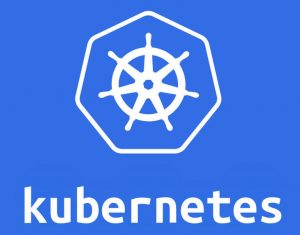Self-paced and designed for those making decisions about open source best practices, each of the seven parts can be taken independently depending on individual need.

Image: Getty Images/iStockphoto
The Linux Foundation has created a new seven module course on open source management and strategy designed to “help executives, managers, software developers and engineers understand and articulate the basic concepts for building effective open source practices within their organization.”
The courses are designed for beginners and focus on managing open source software from the very beginnings of implementation all the way through to the creation of an in-house Open Source Program Office (OSPO), a necessary component of managing the creation of new in-house open source products.
“Open source is not only commonplace in enterprises today, but actually is impossible to avoid as much modern technology including the cloud and networking systems are based on it,” said Chris Aniszczyk, VP of developer relations at The Linux Foundation.
SEE: Linux service control commands (TechRepublic Premium)
According to the program’s website, each of the seven courses falls into one of four themes: Strategy and governance, consumption, contribution, and creation, meant to reflect the four levels of open source participation an organization may find itself in.
The Linux Foundation said that most organizations new to the open source game will only be concerned with the first two themes–strategy and governance and consumption–and contribution and creation happen in more mature open-source organizations that have become experts at open source software to the point where they’re contributing to existing projects or creating their own.
Strategy and governance courses are recommended to be taken by anyone, regardless of their role, as they build a foundation from which to approach the rest of the modules. These include:
- Open Source Introduction: A basic overview of what open source and open source standards are.
- Open Source Business Strategy: This covers open source business models and how to develop strategies for them.
- Effective Open Source Program Management: An overview of OSPOs and the types of roles they need.
- Open Source Development Practices: Covers CI/CD practices and how to keep open source projects healthy.
Consumption is covered in Open Source Compliance Programs, which covers how to comply with open source licenses and how to safely consume open source software. The next course, Collaborating Effectively with Open Source Projects, is for organizations ready to contribute to upstream open source projects, and the final course, Creating Open Source Projects, covers legal requirements, business processes, and reasons why organizations may want to develop their own open source software.
SEE: Git guide for IT pros (free PDF) (TechRepublic)
The course is available for enrollment now at the price of $499, which grants unlimited access to all seven courses for one year. Organizations that have a corporate training subscription with The Linux Foundation will have it available as part of their package for no additional charge.
Also see
Source of Article



